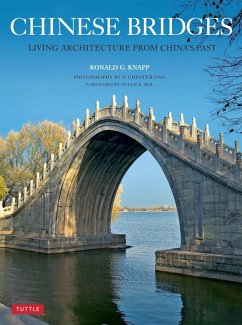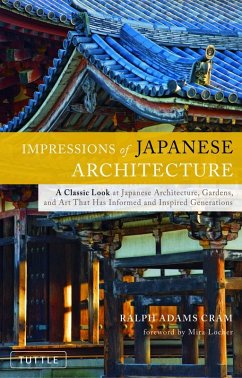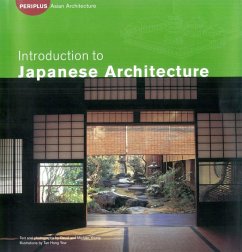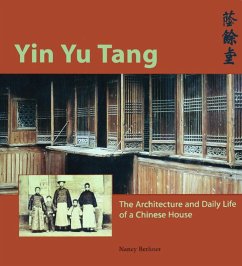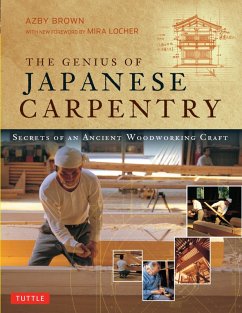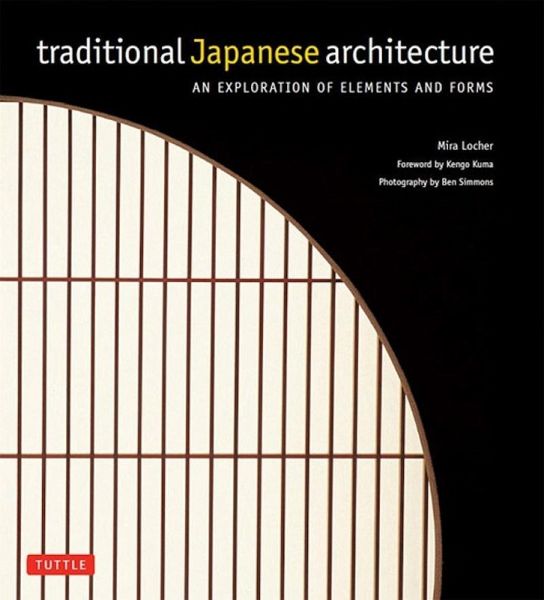
Traditional Japanese Architecture (eBook, ePUB)
An Exploration of Elements and Forms
Fotograf: Simmons, Ben

PAYBACK Punkte
8 °P sammeln!
By examining the Japanese history of buildings and building designs from prehistory to modern day, lovers of Japan will develop a deeper understanding and appreciation of this island country.Simplicity, sensitivity to the natural environment, and the use of natural materials are the hallmarks of Japanese architecture. The Art of Japanese Architecture provides a broad overview of traditional Japanese architecture in its historical and cultural context. It begins with a discussion of prehistoric dwellings and concludes with a description of modern Japanese buildings. Important historical influen...
By examining the Japanese history of buildings and building designs from prehistory to modern day, lovers of Japan will develop a deeper understanding and appreciation of this island country.
Simplicity, sensitivity to the natural environment, and the use of natural materials are the hallmarks of Japanese architecture. The Art of Japanese Architecture provides a broad overview of traditional Japanese architecture in its historical and cultural context. It begins with a discussion of prehistoric dwellings and concludes with a description of modern Japanese buildings. Important historical influences and trendsnotably the introduction of Buddhist culture from Korea and China, the development of feudalism, and the influence of modern Western styles of buildingare all discussed in detail as facets of Japanese design.
Through all of these changes, a restrained architectural tradition developed in marked contrast to an exuberant tradition characterized by monumentality and the use of bold colors. The book provides tremendous insights into the dynamic nature of Japanese architecture and how it reflects an underlying diversity within Japanese culture.
The book is profusely illustrated with over 370 color photographs, woodblock prints, maps, diagrams, and specially commissioned watercolors.
Simplicity, sensitivity to the natural environment, and the use of natural materials are the hallmarks of Japanese architecture. The Art of Japanese Architecture provides a broad overview of traditional Japanese architecture in its historical and cultural context. It begins with a discussion of prehistoric dwellings and concludes with a description of modern Japanese buildings. Important historical influences and trendsnotably the introduction of Buddhist culture from Korea and China, the development of feudalism, and the influence of modern Western styles of buildingare all discussed in detail as facets of Japanese design.
Through all of these changes, a restrained architectural tradition developed in marked contrast to an exuberant tradition characterized by monumentality and the use of bold colors. The book provides tremendous insights into the dynamic nature of Japanese architecture and how it reflects an underlying diversity within Japanese culture.
The book is profusely illustrated with over 370 color photographs, woodblock prints, maps, diagrams, and specially commissioned watercolors.
Dieser Download kann aus rechtlichen Gründen nur mit Rechnungsadresse in A, D ausgeliefert werden.





